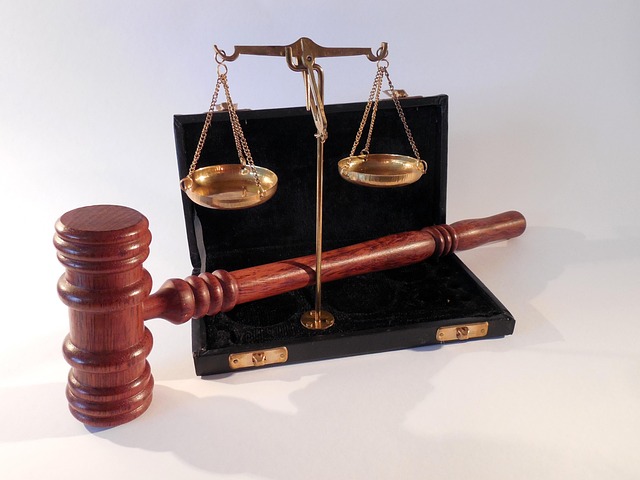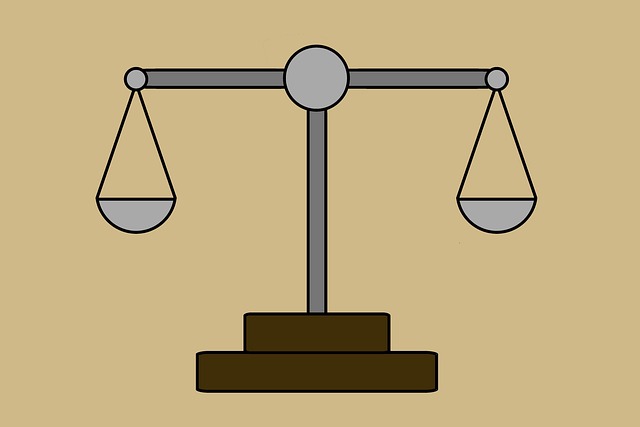Securities Class Actions empower investors to hold corporations accountable for financial misconduct through collective legal action, balancing investor rights with corporate defenses while safeguarding market integrity. Protecting Due Process Rights similar to criminal trials is crucial for fair procedures in these cases, ensuring just decisions based on substantial evidence. Navigating complex cases demands strategic approaches involving data analytics and expert witnesses, combining knowledge of securities law and criminal trial rights to secure justice.
“Securities class actions are a complex legal landscape where investors band together to hold accountable entities accused of fraudulent or illegal activities. This article delves into the intricate world of these lawsuits, exploring the legal framework that underpins them. We dissect ‘Understanding Securities Class Actions’ and highlight the significant role of Due Process Rights, ensuring protections for accused investors. Additionally, we navigate the complexities, offering insights into challenges faced and strategic approaches to prevail in this demanding environment.”
- Understanding Securities Class Actions: A Legal Framework
- Due Process Rights: Protections for Accused Investors
- Navigating Complexities: Challenges and Strategies
Understanding Securities Class Actions: A Legal Framework
Securities Class Actions are a complex legal arena where investors band together to hold corporations accountable for financial misconduct. This collective action is rooted in the principle that everyone deserves Due Process Rights, akin to those guaranteed in criminal trials. By pooling resources and expertise, affected investors can challenge wrongdoings across the country, ensuring that no company escapes justice.
The framework surrounding these actions is meticulously designed to balance the rights of investors with those of corporations. Through strategic legal arguments and by presenting compelling evidence, a winning challenging defense verdict becomes achievable. This not only compensates victims but also acts as a deterrent for similar misconduct, shaping corporate behavior and upholding the integrity of financial markets.
Due Process Rights: Protections for Accused Investors
In securities class actions, which often involve complex financial transactions and significant monetary damages, protecting the due process rights of accused investors is paramount. Just as in criminal trials, where defendants enjoy constitutional protections, investors facing legal repercussions for alleged misconduct must be afforded fair procedures. This ensures that any decisions made against them are just and based on substantial evidence. The right to a hearing, representation by counsel, and the ability to challenge evidence are essential components of due process rights in high-stakes cases involving corporate and individual clients.
These protections serve to safeguard not only the financial interests of investors but also their reputational integrity. By maintaining robust due process standards, legal systems enable investors to navigate the complexities of securities litigation with confidence, knowing that their rights are respected and that achieving extraordinary results is based on merits rather than procedural unfairness.
Navigating Complexities: Challenges and Strategies
Navigating Complexities: Challenges and Strategies
Securities class actions present unique challenges that extend beyond mere legal complexities. Plaintiffs face a daunting task in proving misrepresentations or omissions made by corporations, often requiring meticulous investigation and extensive evidence collection. This process involves scrutinizing voluminous documents, financial records, and communication channels to identify misconduct. Moreover, these cases often span across the country, necessitating coordination with various legal teams and jurisdictions, each with its own set of rules and procedures.
Strategizing effectively is crucial for overcoming these hurdles. Law firms specializing in securities litigation employ sophisticated tools and techniques, such as data analytics and expert witnesses, to streamline investigations. By understanding the nuances of both securities law and criminal procedural rights, including Due Process Rights in Criminal Trials, plaintiffs can navigate all stages of the investigative and enforcement process more adeptly. Ultimately, these strategies are designed to enhance the chances of securing justice and winning challenging defense verdicts.
Securities class actions, while complex, serve as a vital mechanism for holding corporations accountable. By understanding the legal framework, recognizing investors’ due process rights, and employing strategic navigation through complexities, justice can be served effectively. These measures ensure fairness and protect both individual and collective interests in the financial markets, reflecting a balanced approach to regulation that benefits all stakeholders. Additionally, appreciating the significance of due process rights in criminal trials underscores the importance of procedural integrity throughout legal processes, including securities litigation.






